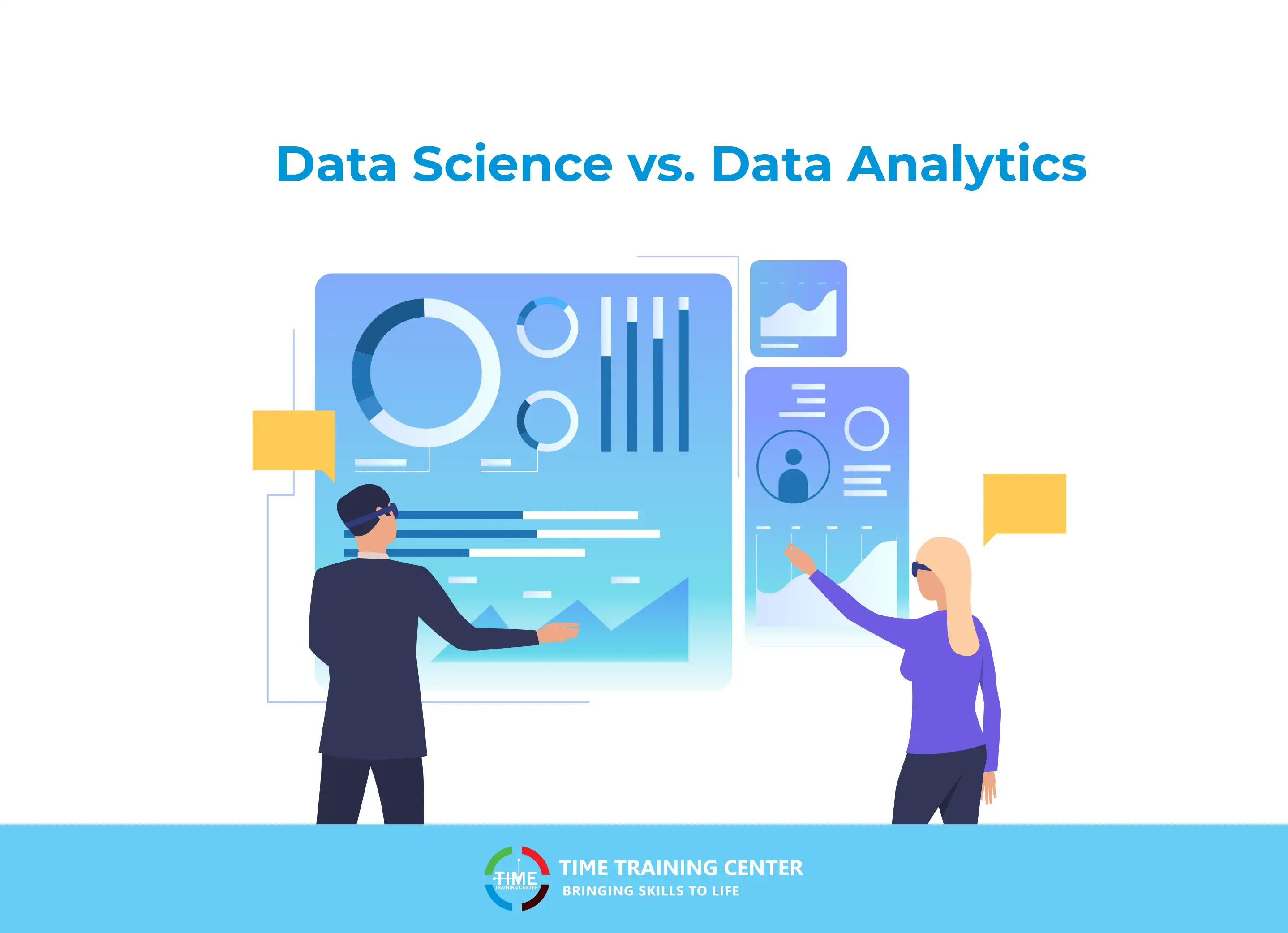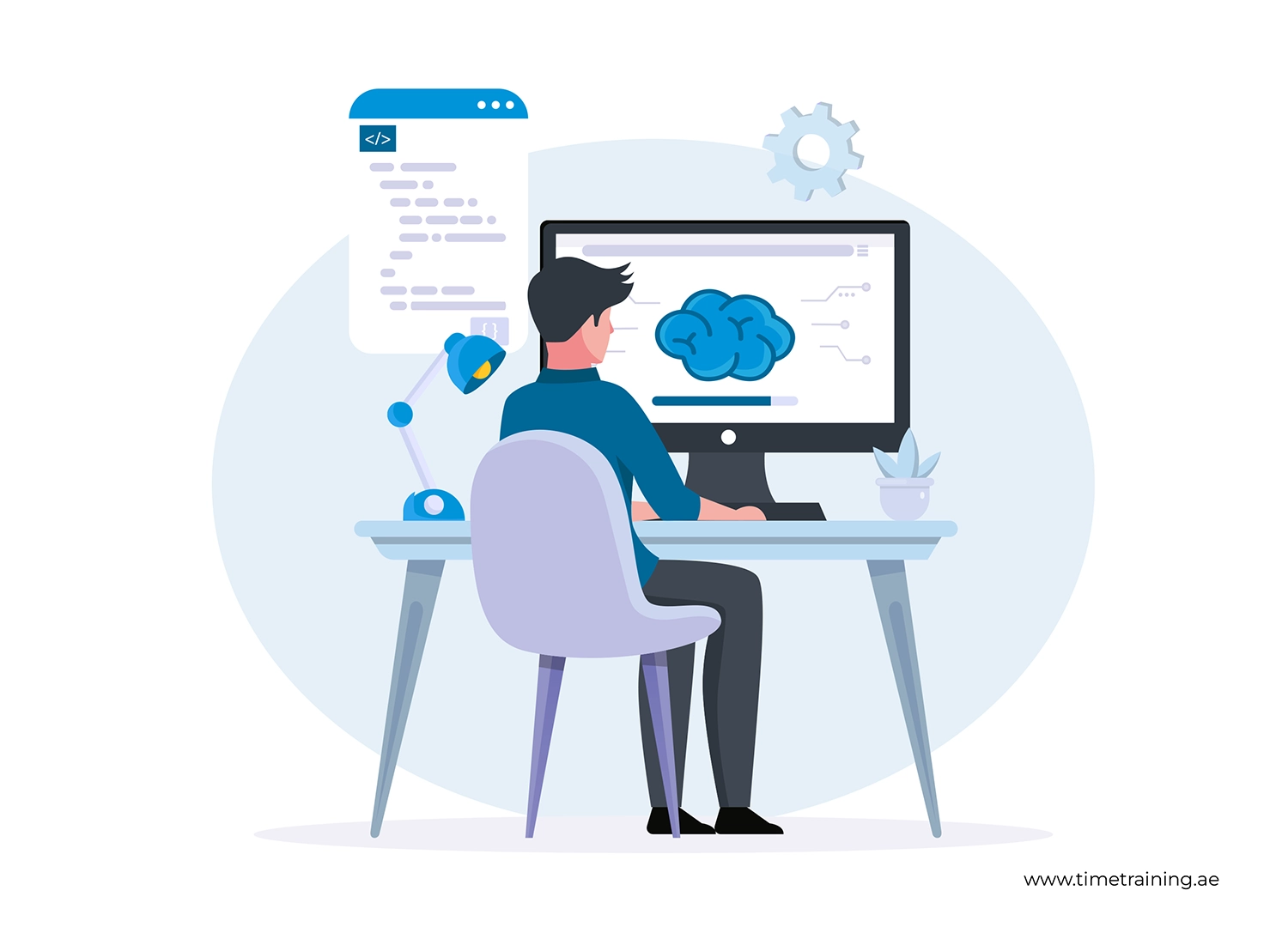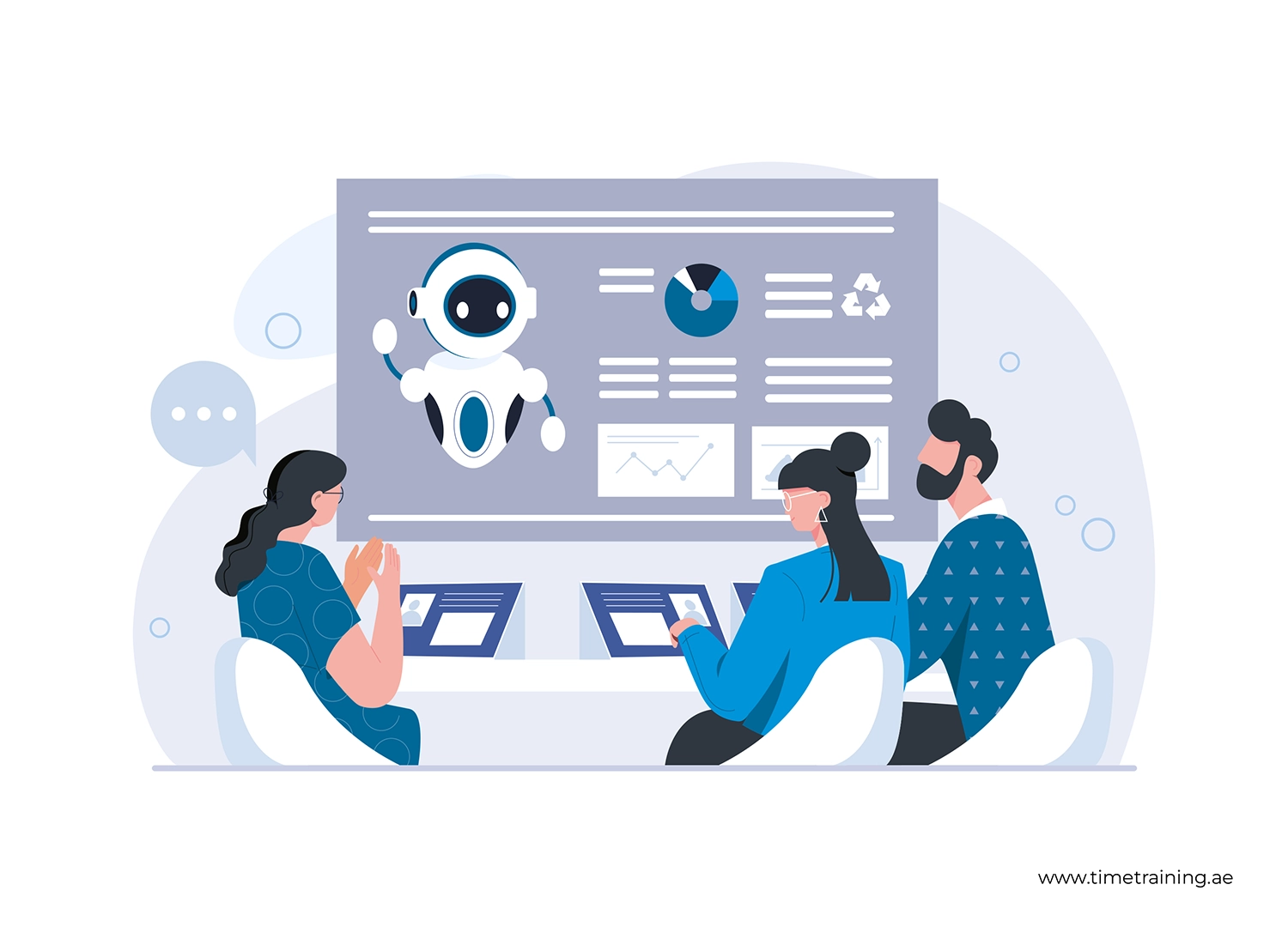In today's digital age, data holds immense value, and fields like data science and data analytics play crucial roles in extracting insights from it. This blog explores the key difference between data science and data analytics, shedding light on their unique scopes, skillsets, techniques, and deliverables. By the end, you'll better understand these fields and be better equipped to choose the right path for your data-driven aspirations.
What is Data Science?
Data science is an interdisciplinary field that combines statistical analysis, programming, and domain knowledge to extract meaningful insights from vast amounts of data. Data scientists employ machine learning, data mining, and data visualization techniques to uncover patterns, predict trends, and make data-driven decisions.
Their expertise lies in understanding complex algorithms, handling big data, and developing models that can automate processes and drive innovation across various industries. Data science is a powerful tool for transforming raw data into actionable intelligence.
What is Data Analytics?
Data analytics focuses on extracting meaning and value from data through various techniques and tools. It involves analyzing data to uncover patterns, trends, and correlations that can drive informed decision-making. Data analytics encompasses different types of analytics, including descriptive analytics (summarizing historical data), diagnostic analytics (identifying reasons behind past events), predictive analytics (forecasting future outcomes), and prescriptive analytics (providing recommendations for optimal actions). Through statistical analysis, data visualization, and data mining, data analytics provides actionable insights that help businesses optimize processes, enhance efficiency, and gain a competitive edge.
Also read: Best Data Analytics Tools
Data Science VS Data Analytics
Data science and data analytics are closely related fields that share the goal of extracting insights from data. However, the difference between a data analyst and a data scientist lies in several key aspects, including scope, skillset, techniques, and project lifecycle;
Data Science focuses on discovering patterns, extracting insights, and making predictions from complex and unstructured datasets. Its scope extends to advanced machine learning and statistical modeling techniques. On the other hand, Data Analytics aims to extract meaning and provide actionable insights from structured and historical data. It primarily analyzes data to uncover trends, patterns, and relationships.
Data Science requires a strong statistics, programming, and machine learning foundation. Data Scientists possess expertise in handling large datasets, building and deploying complex models, and extracting valuable insights. In contrast, Data Analytics professionals are proficient in data manipulation, statistical analysis, data visualization, and reporting. They excel in extracting insights from existing data sources.
Data Science heavily relies on advanced algorithms, machine learning models, and deep learning techniques. It employs tools and libraries like Python, R, TensorFlow, and PyTorch. On the other hand, Data Analytics employs statistical analysis techniques, data mining algorithms, and data visualization tools such as SQL, Excel, Tableau, and Power BI.
-
Project Lifecycle and Deliverables
Data Science encompasses the entire data lifecycle, from data collection and cleaning to model training, evaluation, and deployment. Data Scientists are responsible for end-to-end implementation. Data Analytics, on the other hand, primarily focuses on analyzing structured and historical data to provide specific insights and recommendations for decision-making purposes.
-
Overlapping Areas and Synergy
Data science and data analytics share common ground and can mutually benefit from each other's expertise. Both fields rely on data to extract insights and contribute to data-driven decision-making. Here are a few ways in which they complement each other;
-
Data scientists can utilize the insights provided by data analysts to refine their models and improve predictions.
-
Data analysts can leverage data science techniques to gain deeper insights and uncover hidden patterns in data.
-
Collaborative projects combining data science and analytics can yield more comprehensive and accurate results.
-
Data scientists can build machine learning models that data analysts can implement to automate and streamline analytical processes.
-
Data analytics can provide valuable input in feature selection and variable engineering for data science models.
Examples of collaborative projects include fraud detection systems that use data analytics techniques to identify anomalies and machine learning models to predict future fraudulent activities. Another example is customer segmentation, where data analytics techniques are used to identify segments, and data science models are applied to predict customer behavior within those segments. Such collaborative efforts harness the strengths of both fields, resulting in more robust and impactful outcomes.
You may also like to know: How to Use Tableau for Data Science?
Data Analyst VS Data Scientist: Choosing the Right Career Path
Deciding between a career in data science or analytics requires carefully considering personal interests, skills, and career aspirations. Evaluating these factors will help individuals make an informed decision about their preferred path in the world of data.
-
Personal Interests, Skills, and Career Aspirations Evaluation
Reflecting on personal interests and aptitudes is crucial when choosing between data science and analytics. Consider whether you enjoy diving deep into complex mathematical models and developing cutting-edge algorithms (data science) or if you find joy in exploring and interpreting data to derive insights (data analytics). Assessing your programming, statistics, and problem-solving strengths will also guide your choice.
-
Demand and Market Trends for Data Scientists and Data Analysts
The growing dependence on data-driven decision-making has led to significant demand for data scientists and analysts. The job market for both roles is expanding, with companies across industries recognizing the value of harnessing data for strategic purposes. Understanding the current demand and future growth potential of each field can help align your career choice with market trends.
Check Out: Guide to Data Scientist Salary
-
Educational and Professional Development Considerations
A strong knowledge of statistics and computer science is essential to pursue a career in data science. Advanced degrees, such as a master's in data science or related fields, can provide a competitive advantage. Time Training Center a leading educational institute, offers comprehensive data science training programs with hands-on experience and an industry-relevant curriculum.
Acquiring data manipulation, statistical analysis, and data visualization skills is crucial for those interested in data analytics. Time Training Center also offers data analytics courses that equip individuals with the necessary tools and techniques to excel in this field.
Whether you choose data science or data analytics, continuous learning, and professional development are vital. Time Training Center offers a range of training and certification programs to enhance your skills and stay updated with the latest industry trends, ensuring your continued growth and success in the dynamic data field.
You may also interested in: Data Analyst Salaries Around the World
Conclusion
In brief, understanding the distinctions between data science and data analytics is crucial for aspiring professionals in data. While they have overlapping areas and can complement each other, evaluating personal interests, considering market trends, and pursuing relevant educational and professional development opportunities are vital for choosing the right career. With the guidance and support of institutions like Time Training Center, individuals can embark on a successful journey in the exciting realm of data-driven decision-making.
 +971 2 6713828
+971 2 6713828




